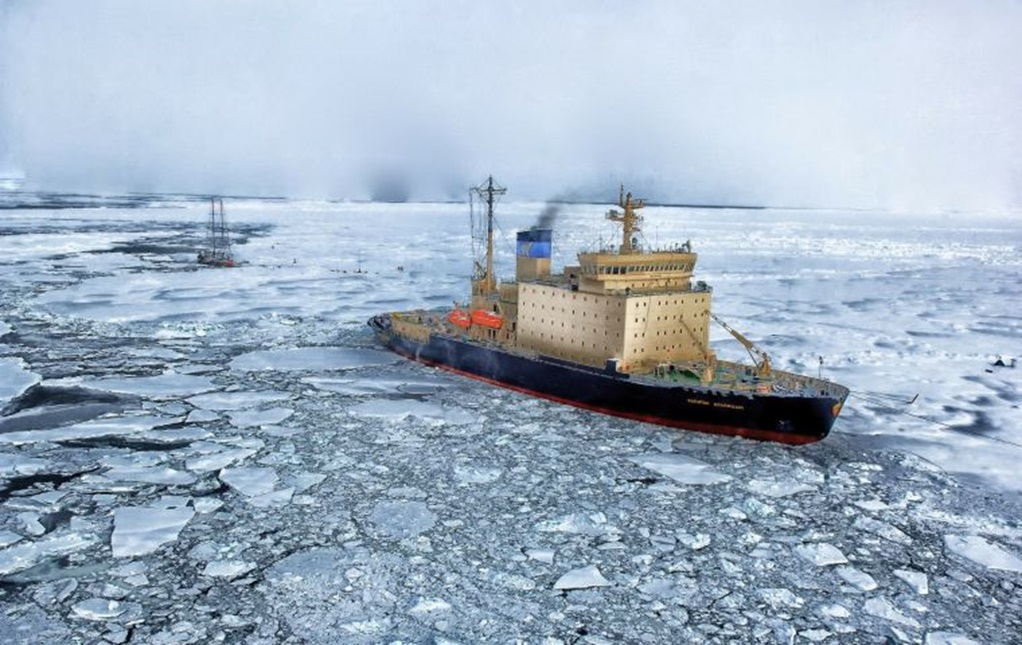An international ban starting July first, on the use of Heavy Fuel Oil, HFO, in the Arctic region adopted by the United Nations maritime body, the International Maritime Organization (IMO), at the Marine Environment Protection Committee, in June 2021, has come into effect aiming to protect the vulnerable waters from the risk of oil spills.
However, the ban includes a transitional arrangement that gives shipping companies time to adapt while simultaneously protecting the Arctic from oil spills. It allows ships with protected fuel tanks to use HFO until 2029.
As explained, the transitional provision applies to ships built after 2010 that meet the international MARPOL regulations with protected fuel tanks. These ships are designed with an extra protective barrier around their fuel tanks, significantly reducing the risk of oil spills in the event of an accident.
Specifically, the prohibition will cover the use and carriage for use as fuel of oils having a density at 15°C higher than 900 kg/m3 or a kinematic viscosity at 50°C higher than 180 mm2/s. Ships engaged in securing the safety of ships, or in search and rescue operations, and ships dedicated to oil spill preparedness and response would be exempted.
The sludge-like fuel is almost impossible to clean up if a spill occurs. In colder waters, experts say, the fuel does not break down but sinks in lumps that linger in sediments, threatening fragile ecosystems.
In climate terms, this oil is seen as particularly dangerous, not just producing large amounts of planet-warming gas when burned, but also spewing out sooty particles called black carbon.
As the ban comes into force today, July first, the Clean Arctic Alliance has called on IMO member states, particularly Arctic coastal countries, to implement the Arctic HFO ban and enforce it fully with immediate effect – without resorting to loopholes.
The alliance has also called on the IMO to extend the area covered by the ban to include all Arctic waters north of 60°N, and to enact regulations to reduce black carbon emissions from shipping, which would help reverse the impacts of climate warming in the Arctic, through the use of cleaner fuels and diesel particulate filters.
Recent Arctic Council studies of ship activity in the Arctic have shown an increase of 37 per cent between 2013 and 2023 and a 111 per cent increase in total distance traveled over the same period.
Tags: Arctic, Ban, Effective, Shipping



Recent Posts
EST-Floattech Expands Octopus Series with Lithium Iron Phosphate Battery Modules
PowerCell’s Marine System 225 receives Type Approval from Lloyd’s Register
Echandia Secures SEK 325 Million in Funding to Advance Maritime Electrification
Scotland’s Largest Maritime Decarbonisation Project Launches at Port of Aberdeen
Fortescue, GH2, and Trovio Complete First Digital Fuel Certificate Pilot for Ammonia Bunkering in Rotterdam
Fortescue Recognised as Global Leader in ‘Real Zero’ Climate Action
Bureau Veritas Urges Rethink of Maritime Finance and Operations in New Book on Sustainable Blue Economy
APM Terminals Pier 400 Deploys Largest Electric Terminal Tractor Fleet at Port of Los Angeles